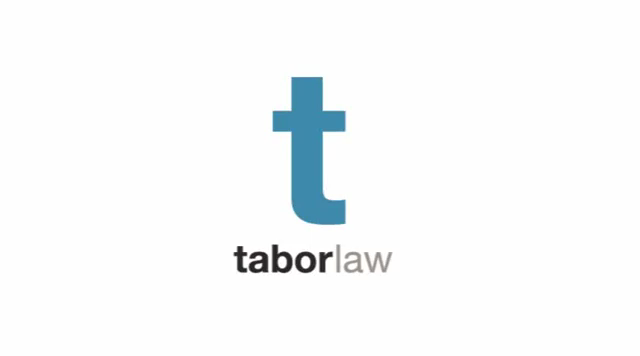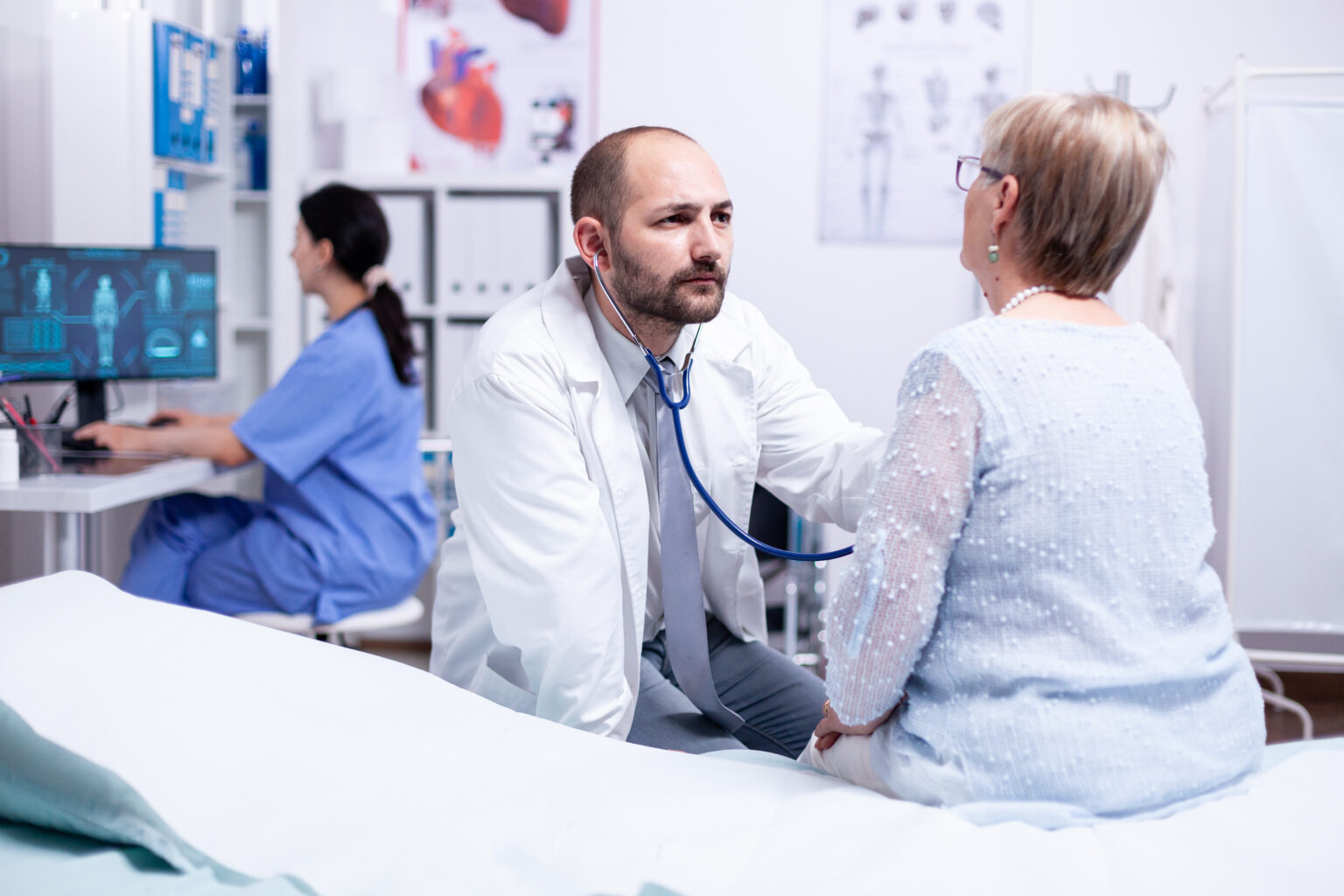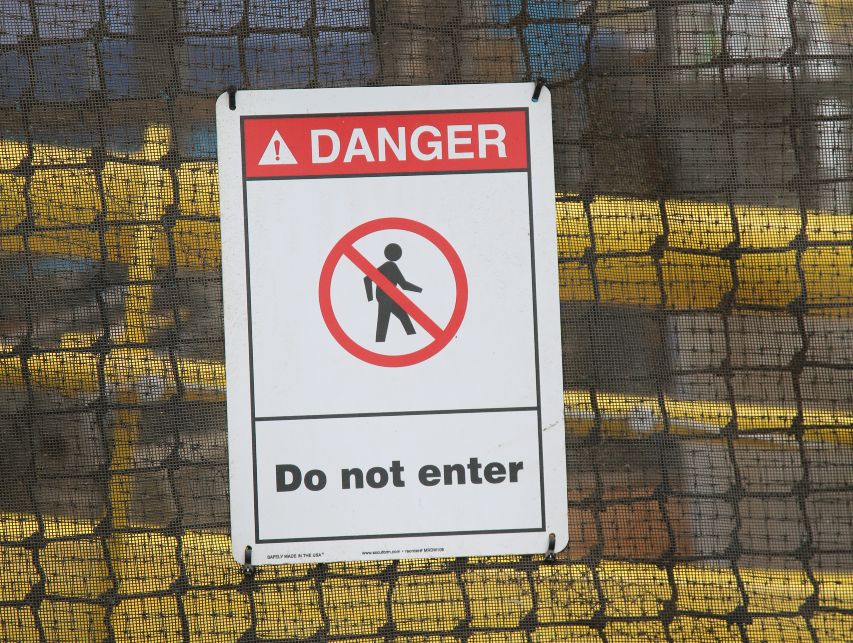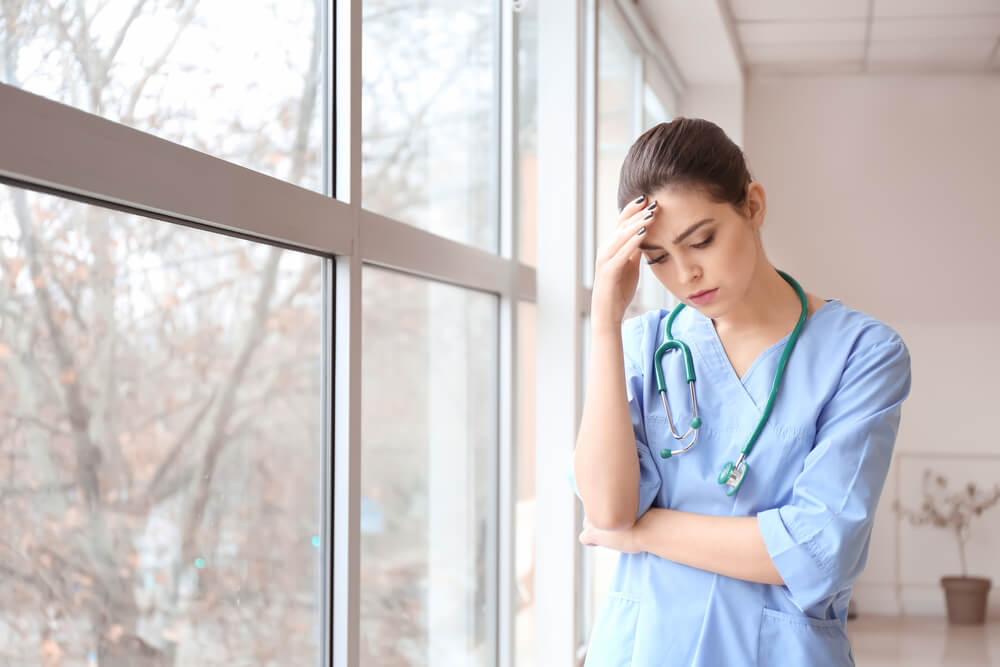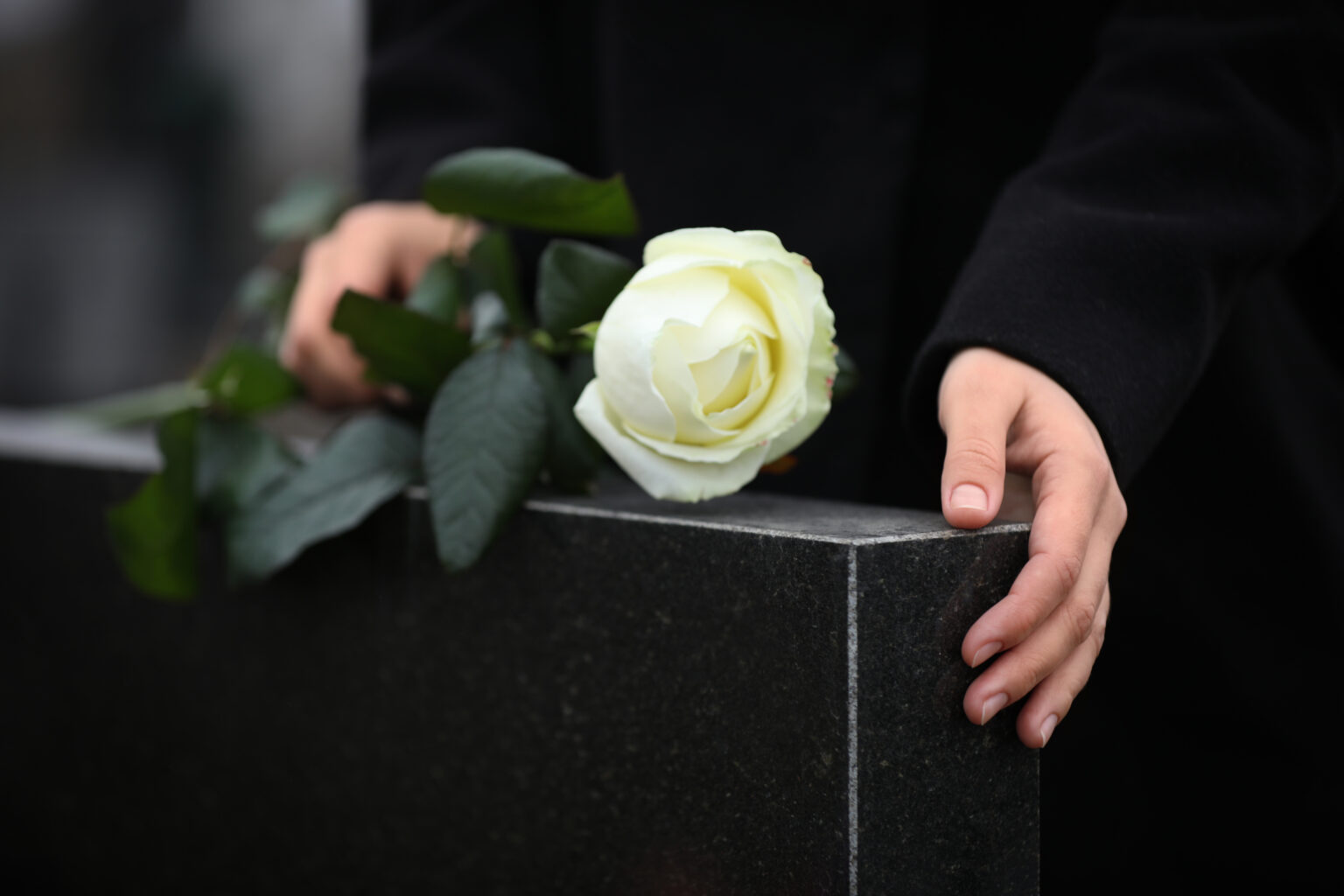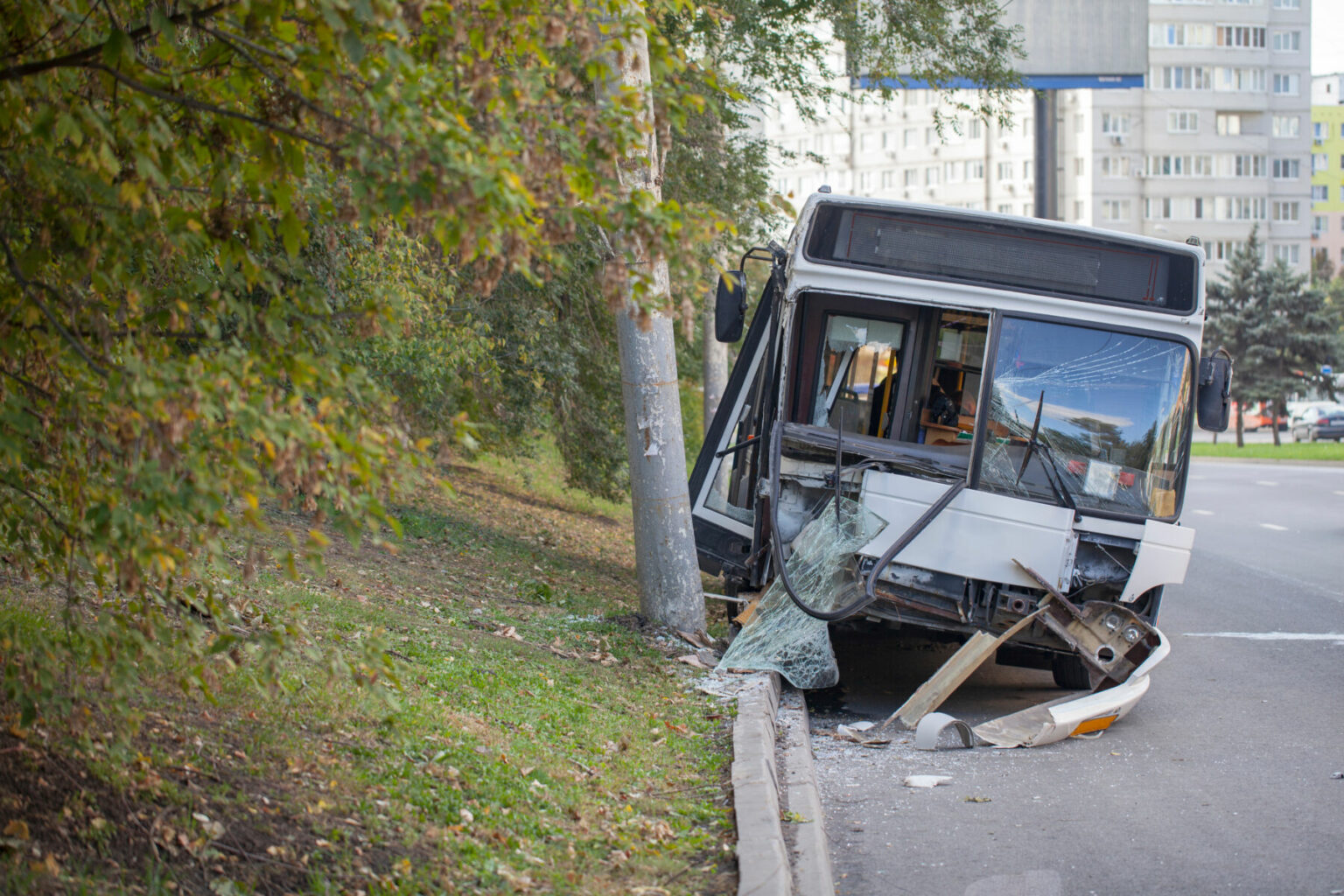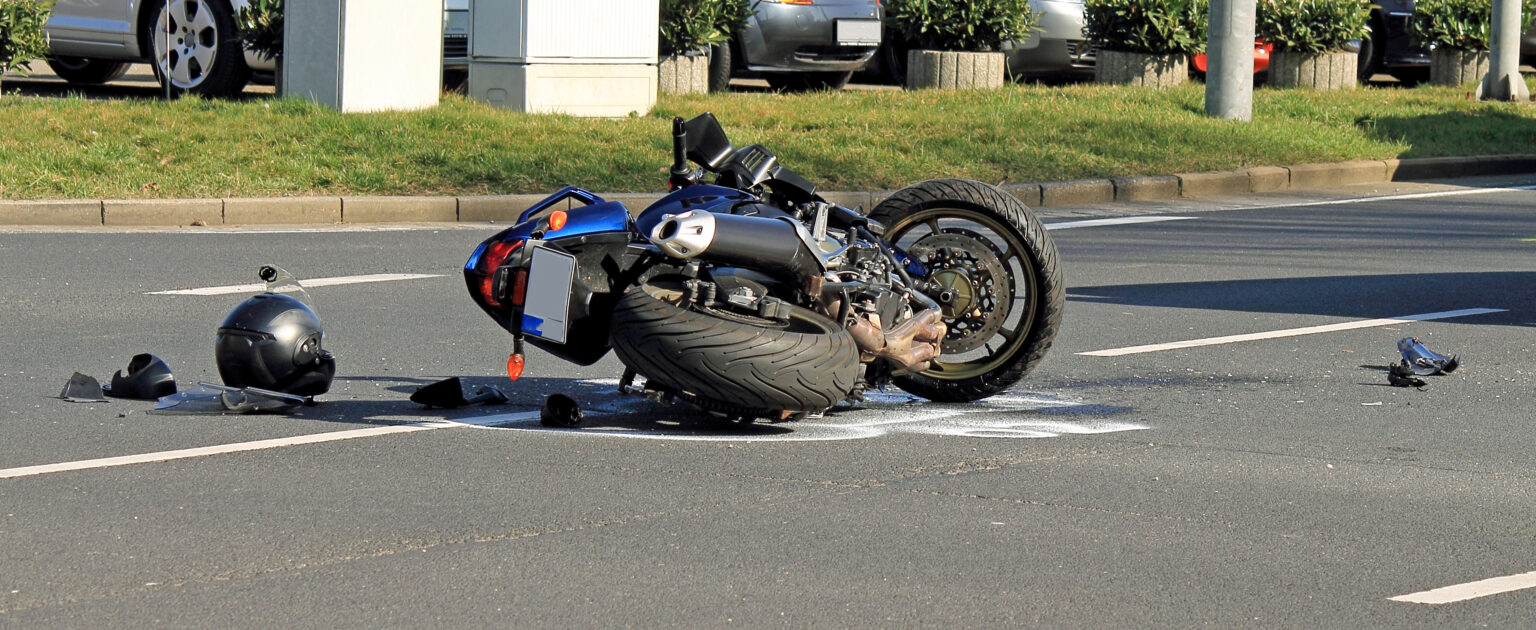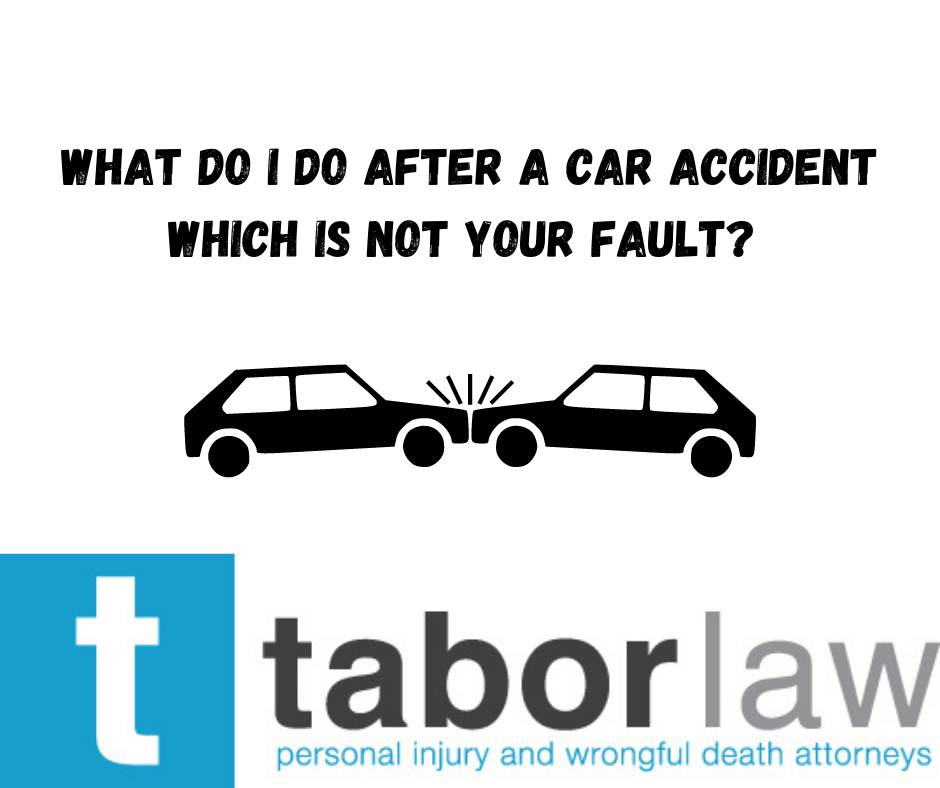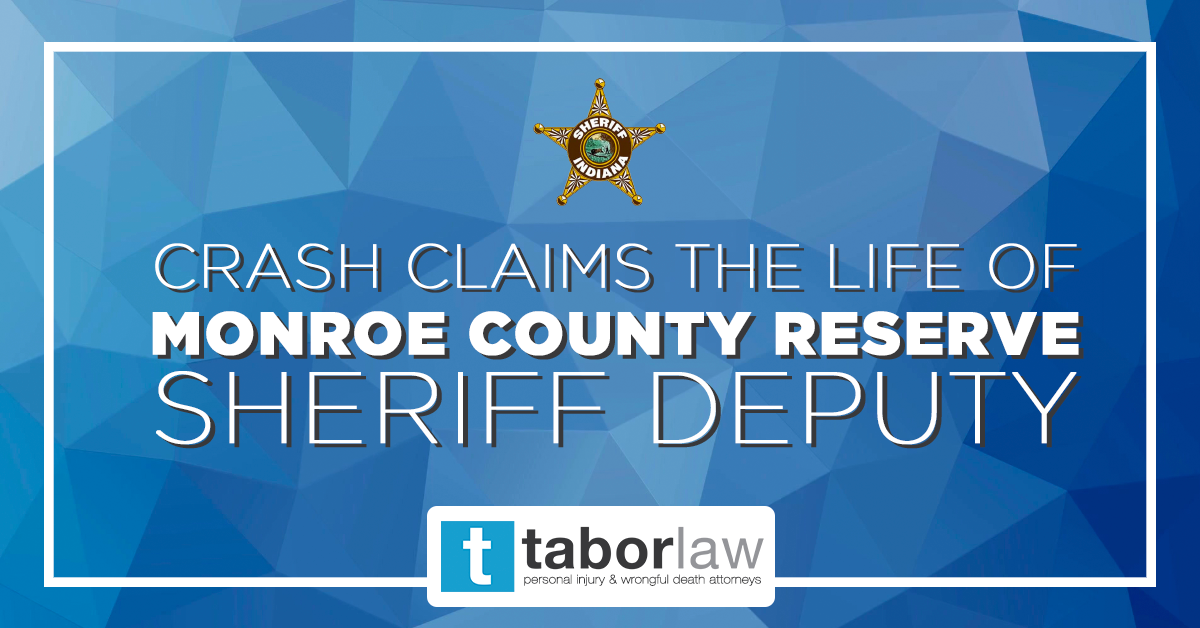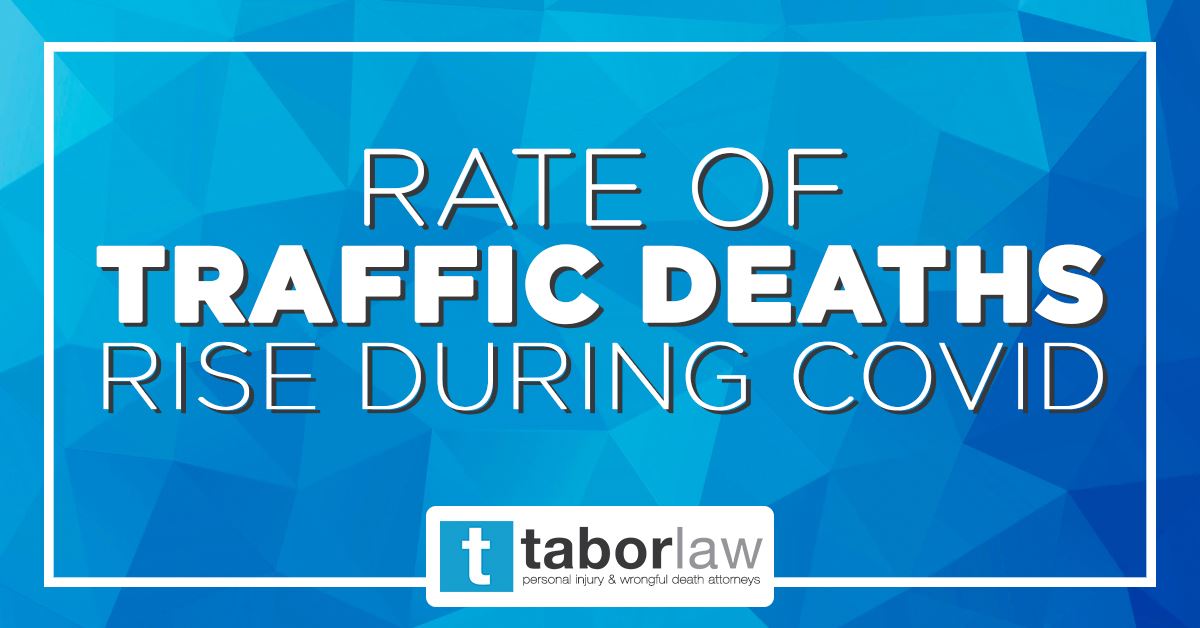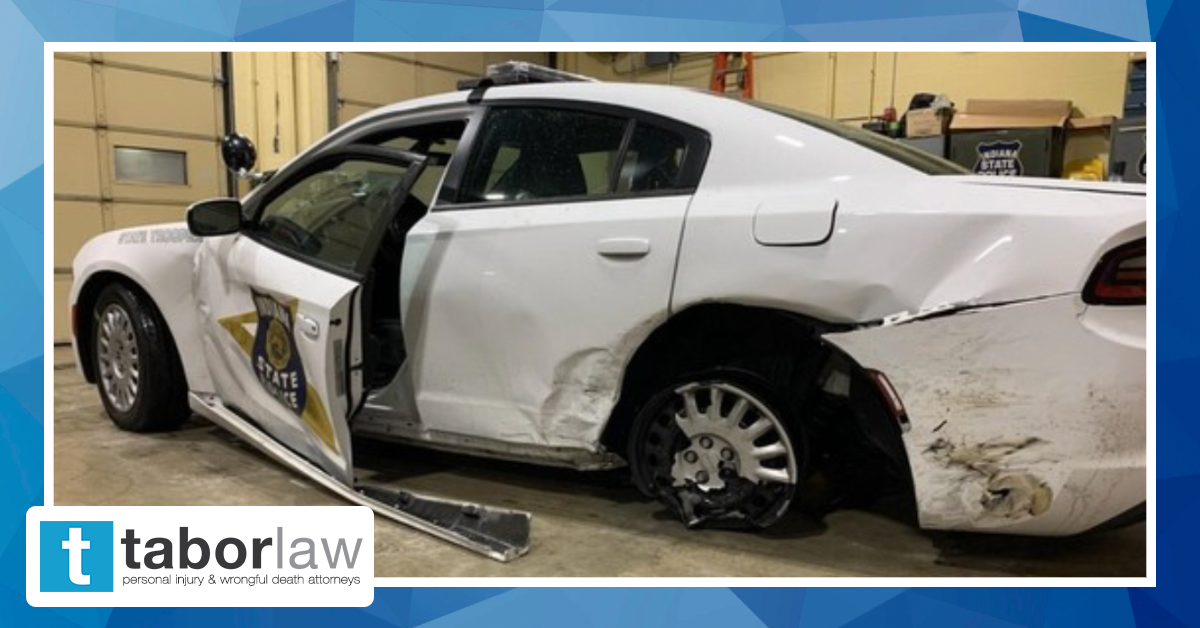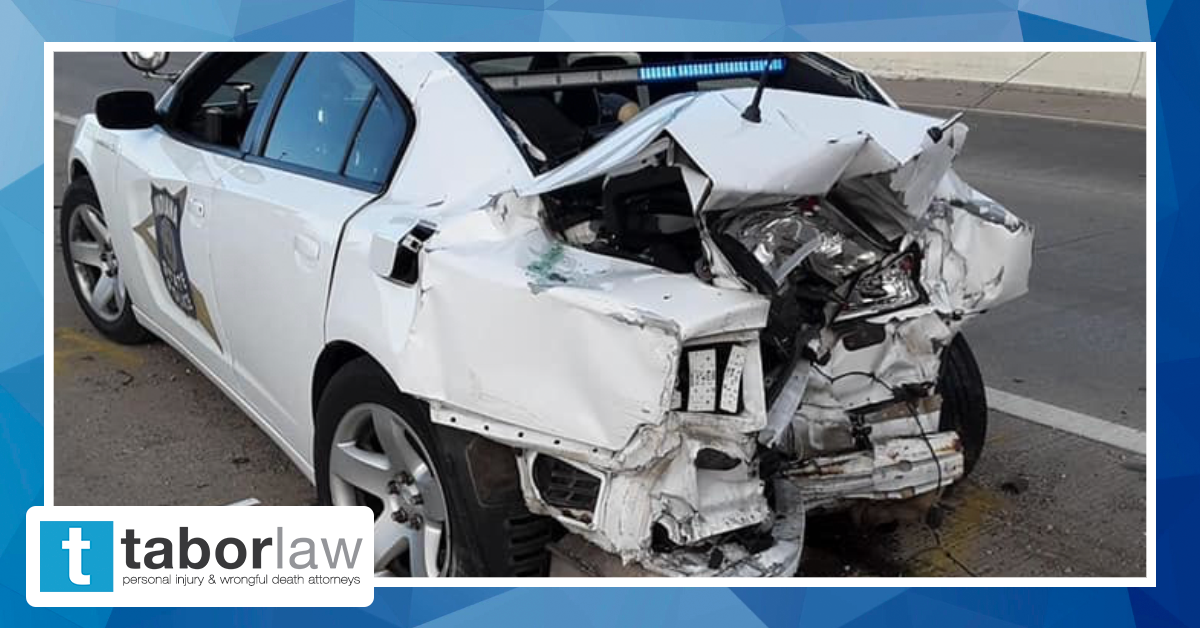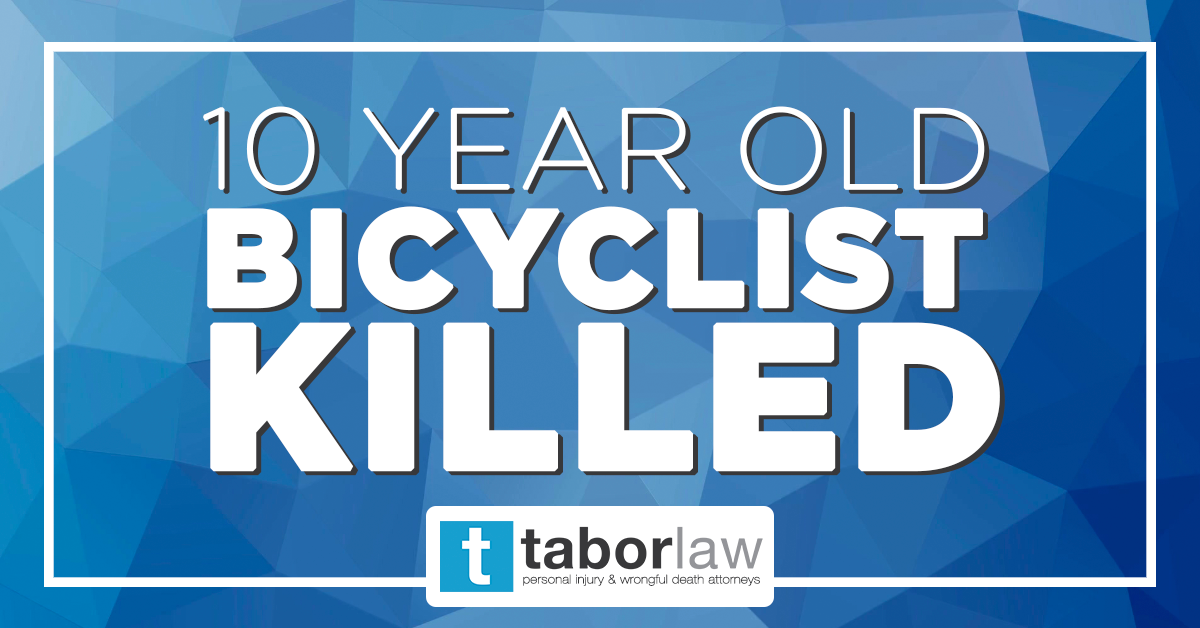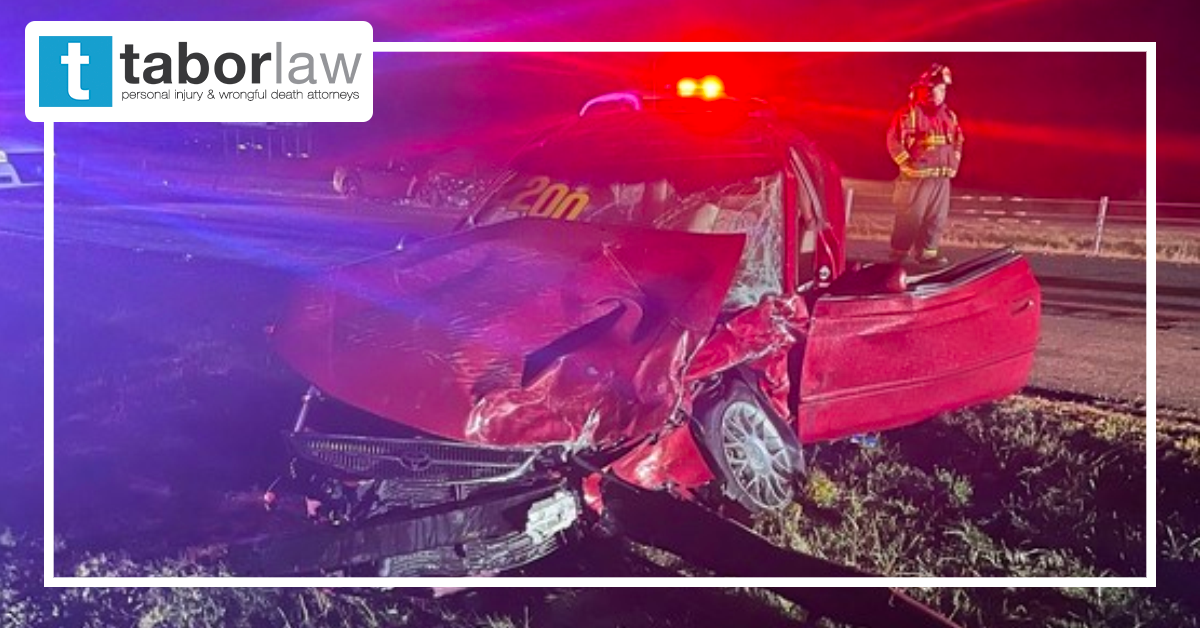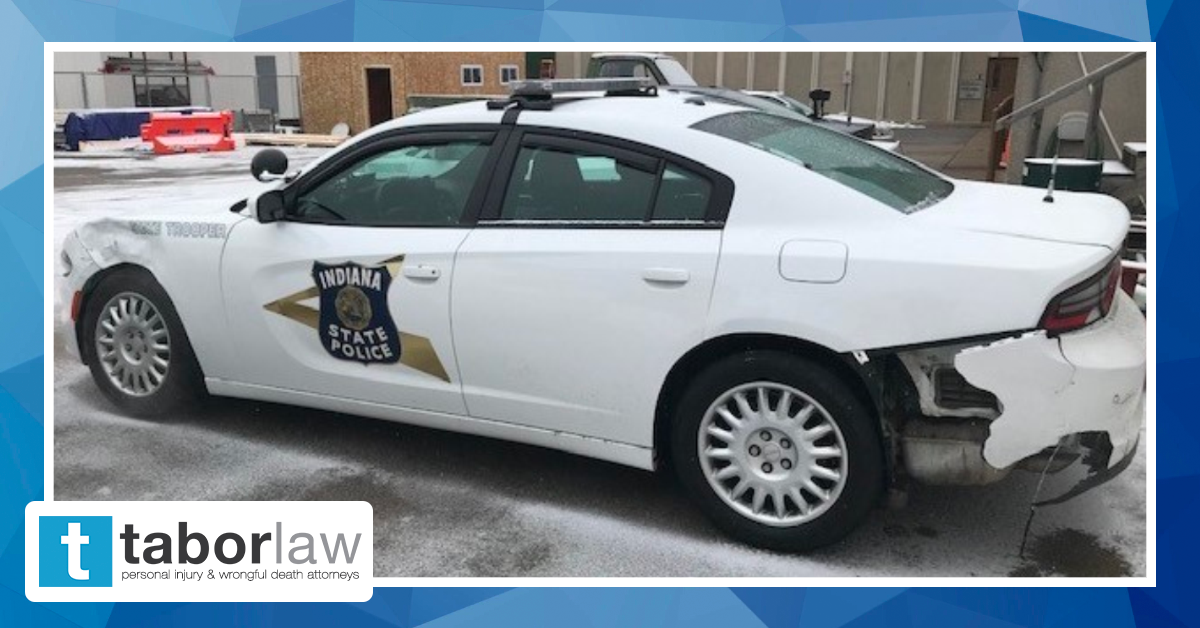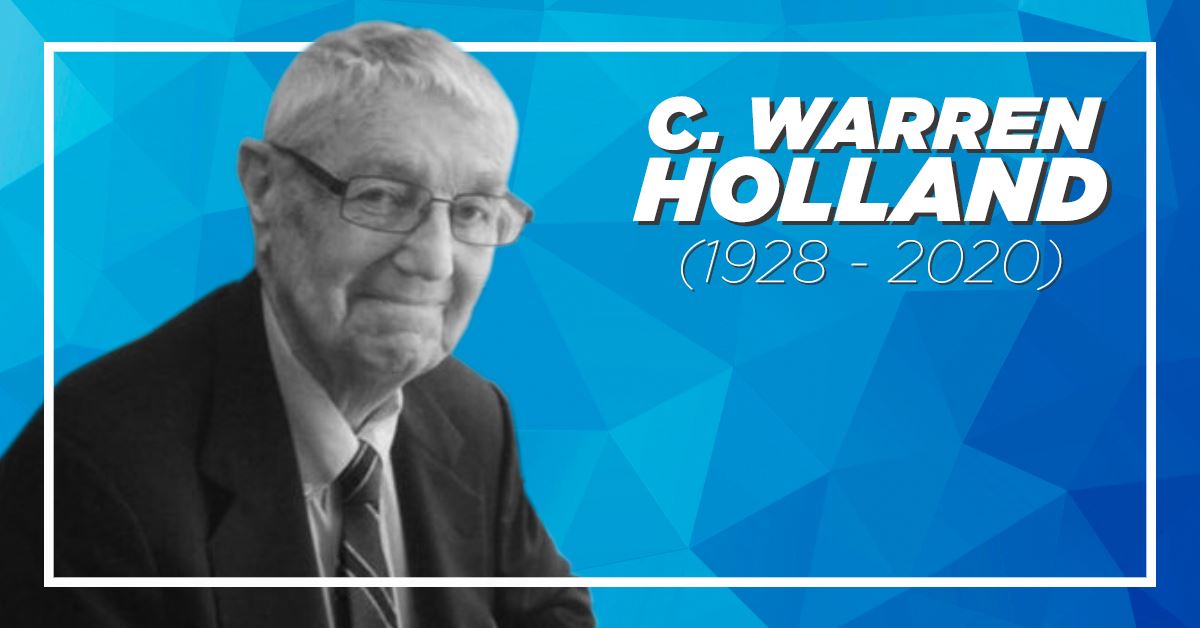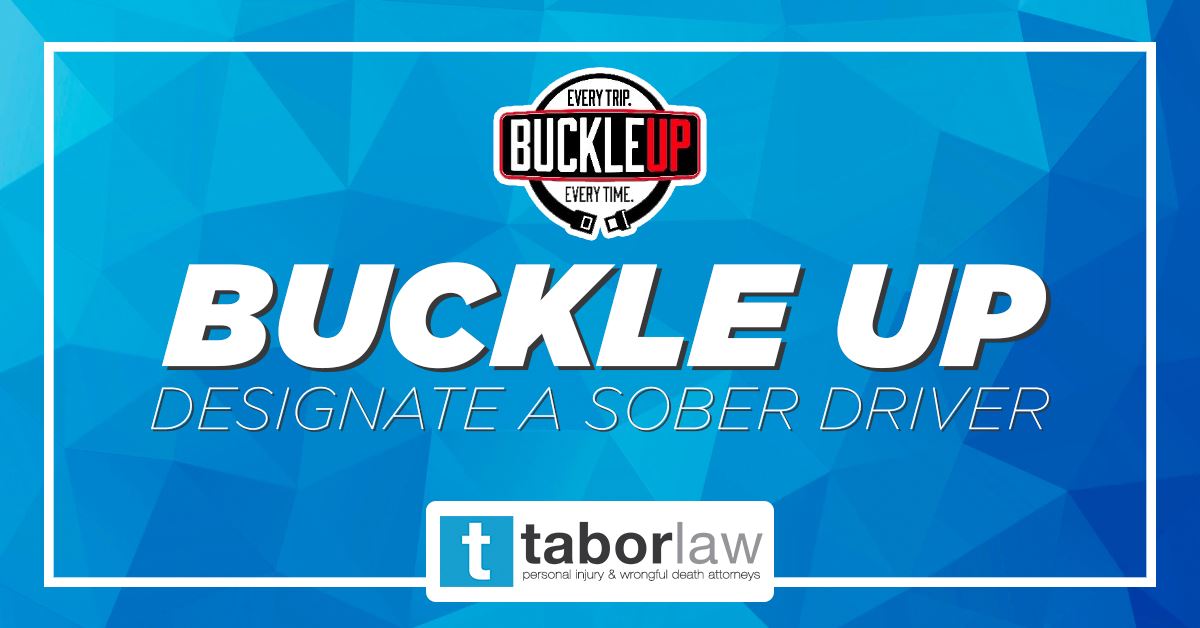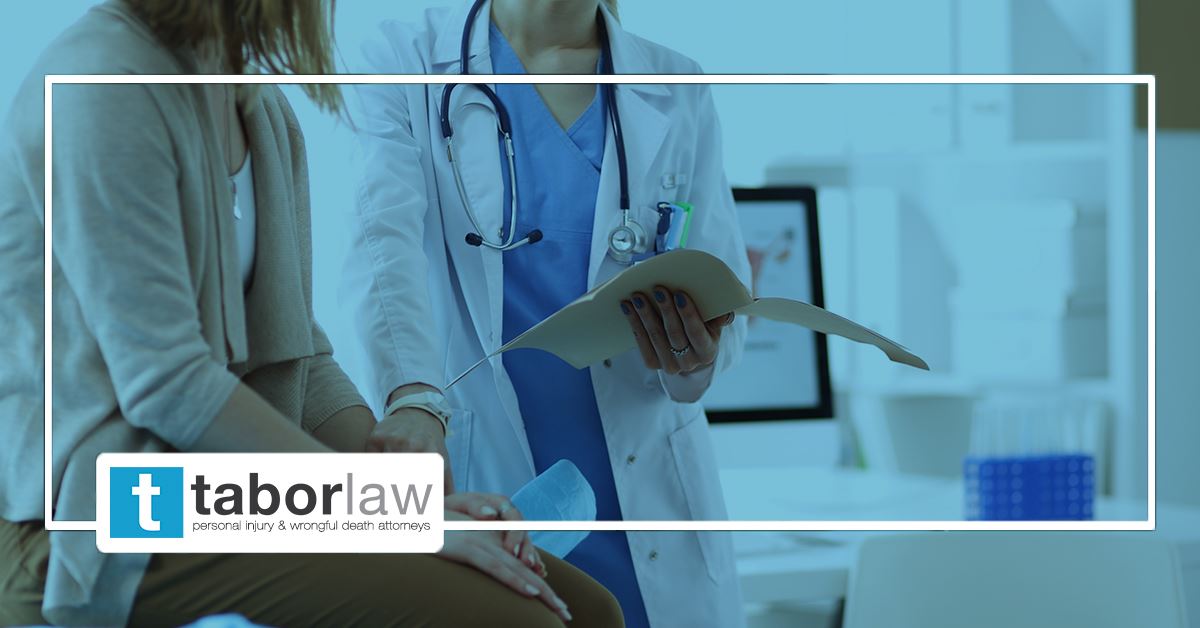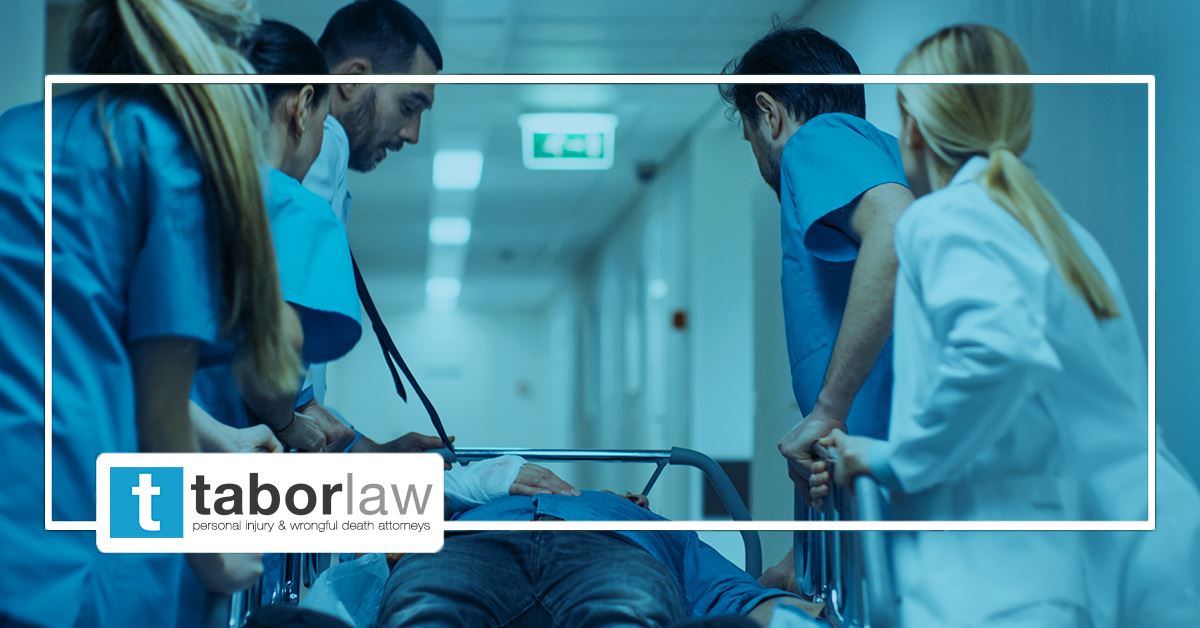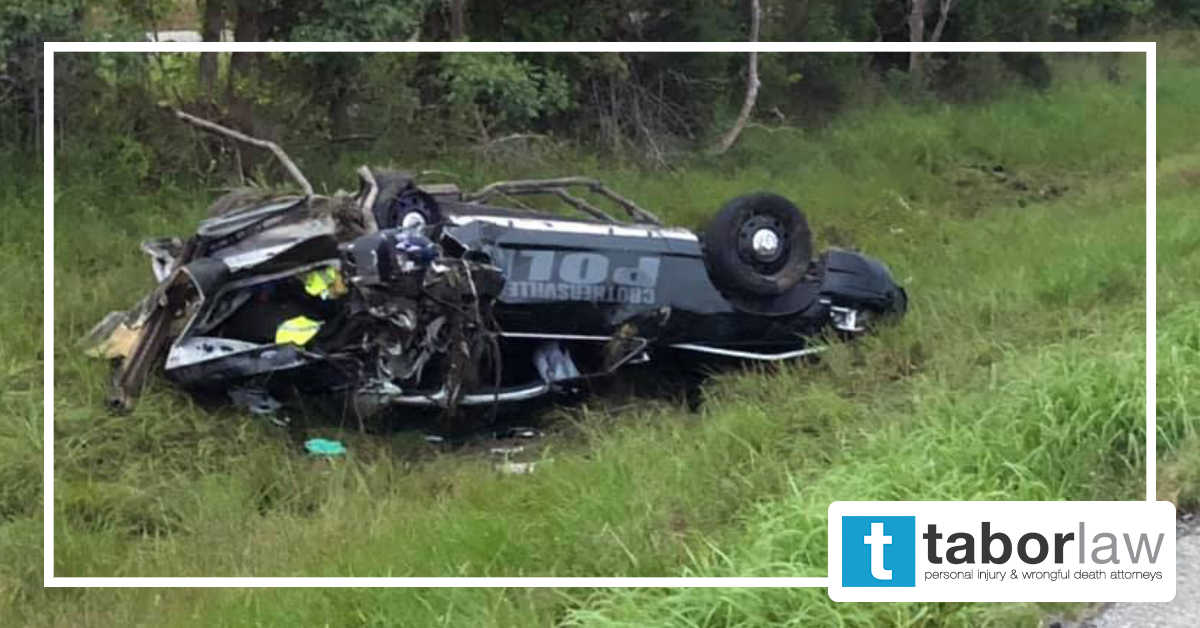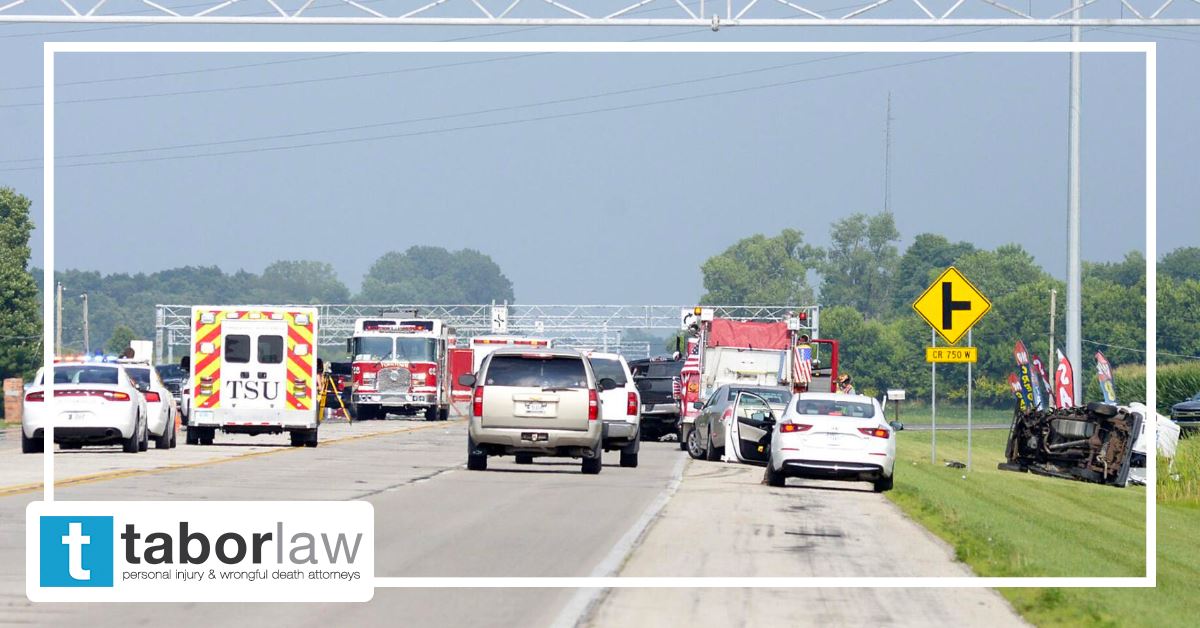Indiana University Continues to Be at Forefront of TBI Research

Reams of evidence indicate that brain injury rehabilitation and recovery
for many victims is akin to a long journey aimed at finding one’s
way back home.
Some people never get there. As we noted in an earlier Tabor Law Firm blog
post this year, “traumatic brain injury is a complex and most challenging
medical condition.” We stressed in
our May 28 entry that TBI sufferers often have problems “properly processing and dealing
with their emotions.” Such issues can challenge them for a lifetime.
Fortunately, TBI-focused research in the United States has long been a
front-burner concern.
And that has remained true even though practical applications have been
somewhat varied and uneven. Health authorities and millions of affected
individuals and families know how prevalent TBI is and how devastating
brain injuries can be in the wake of motor vehicle accidents and other
injury-inducing catalysts. Reportedly, injury-linked fatalities have some
connection to traumatic brain injury in more than 30% of all cases.
Brain injury-related work being done at Indiana University continues to
be marked by
cutting-edge and aggressive efforts to better understand TBI, especially the emotional aspects of it.
One recent article spotlights the efforts of IU professor and research
director Dr. Dawn Neumann. Her research team works closely with TBI patients
and their loved ones on formulating strategies to deal effectively with
emotions and interactions following a brain injury.
Obviously, that can be difficult. The above article duly notes that TBI
victims often find it “difficult to perceive and respond to emotional
cues.” Newman’s university work employs a number of integrated
and interactive tools to help them better understand challenges and work
back toward a higher level of functioning.
Tabor Law Firm attorneys are firmly on record in our passionate support
of all efforts aimed at better understanding and more effectively treating
traumatic brain injuries. We note in the above-linked blog post that we
are immensely proud of the work we do “in helping victims obtain
strong and meaningful remedies that improve the quality of their lives.”
Categories:
Related Blog

Pedestrian Safety in Downtown Indianapolis Has Become a Hot Topic. What Can You Do to Protect Yourself?

Bicycle Accidents are on the Rise in Indiana. What Can You Do to Prevent a Bicycle Accident?

Understanding the Causes of Motorcycle Accidents in Indianapolis: An Analysis of Recent Data

Indianapolis Drunk Driving Accidents and How to Handle them with a Personal Injury Attorney

Two Mothers & Two 12-year-old Daughters Killed in Crash While Headed to Volleyball Tournament

Jefferson County Sheriffs Searching for Hit & Run Driver Who Struck 10-year-old Bicyclist
